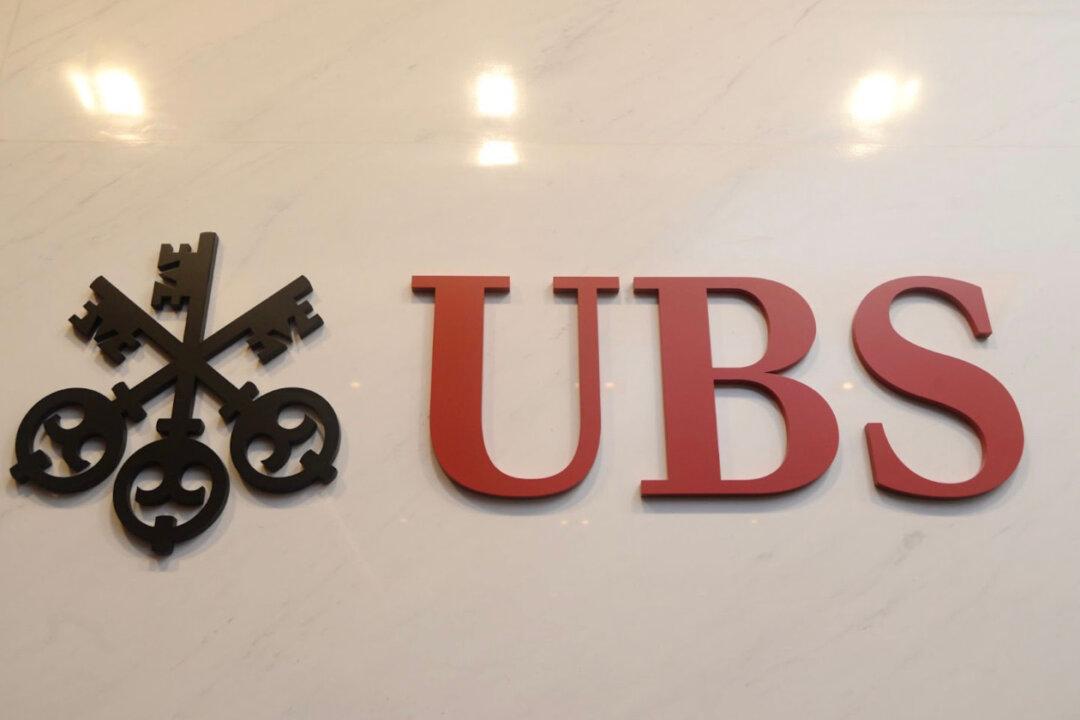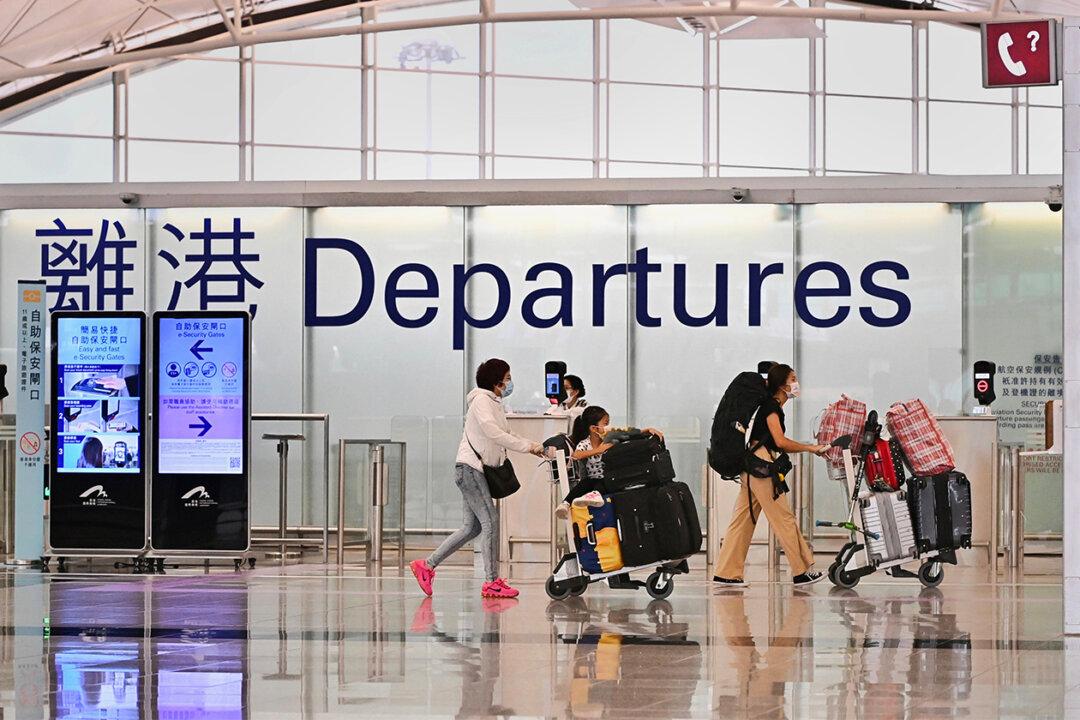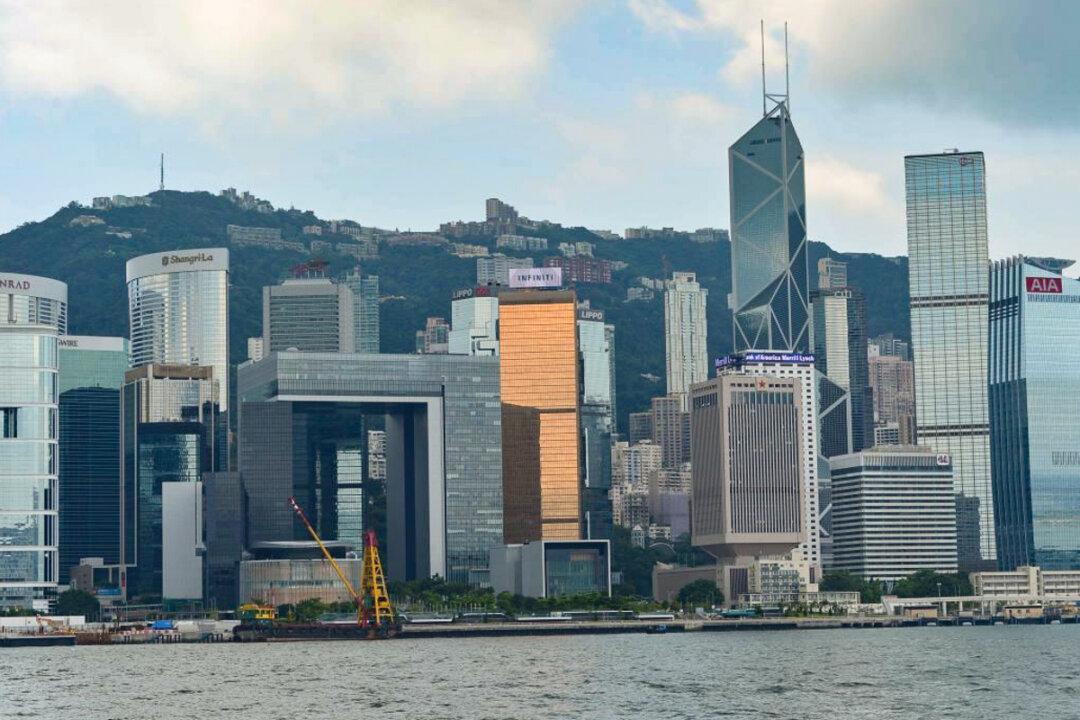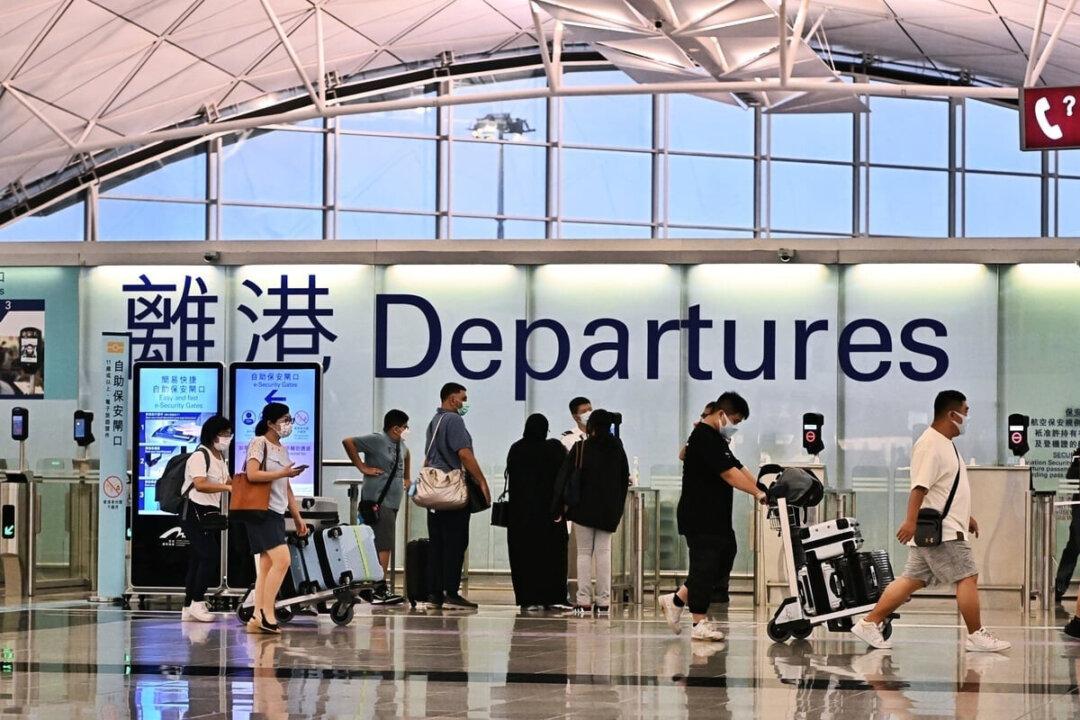In response to the declining status of Hong Kong as an international financial hub, expanding family offices (rich people setting up private companies to manage investment) has become one of the critical performance indicators (KPI’s) for the Hong Kong government.
With border clearance by China nowhere in sight, Hong Kong officials choose to find their investors in the Middle East. Senior hedge fund managers believe the financial industry will only become more challenging under the current political environment.
The policy address recently announced by the Hong Kong government mentioned that the government would implement measures to attract talent and enterprises. It also pointed out in the report that a bill will be proposed within the year to offer tax exemption for eligible family offices.
Aiming to set at least 200 family businesses in motion by the end of 2025 and to establish or expand their development in the city, the Hong Kong government and officials have determined the move as one of the top KPIs.
Based on previous reports, InvestHK will send staff to Abu Dhabi and Dubai to promote developing family offices in Hong Kong.
Singapore Got a Head-start with Family Office Business
Hong Kong is two years behind its rival with the family office strategy compared to Singapore.The Monetary Authority of Singapore (MAS) and The Economic Development Board developed a Family Office Department in March 2019 to promote Singapore’s positioning as a global wealth management and family office hub.
According to data published by MAS, the number of family offices in Singapore skyrocketed four times from 2017 to 2019.
As of 2020, almost 400 single-family offices are stationed in Singapore, each with assets of US$100 million. While in 2018, there were only 27 single-family offices.
From the quotes of MAS, Bloomberg estimated that by the end of 2021, registered family offices in Singapore would have increased to 700.
National Security Law and Dynamic Zero are Bad for Business
Although developing family offices is not an absolute indicator of successful financial hubs, being overtaken by competitors in such a short time is the epitome of Hong Kong’s sinking international financial positioning.Edward Chin Chi-kin, a renowned senior hedge fund manager, shared that funding had already left Hong Kong before the pandemic. “The decline of Hong Kong’s status as a financial hub stemmed from two reasons: 80 percent is affected by the National Security Law, while the strict COVID-19 prevention measures put 20 percent off.”
Chin further argued that this is the aftermath of the government taking down a Hong Kong-listed company on various charges within a year of the NSL. “How do you attract international investors to Hong Kong when the government accuses major shareholders and officers of public companies of violating the so-called national security?”
When many countries decided to coexist with the COVID-19 virus, Hong Kong still chose to follow dynamic zero and limit gatherings of up to 12 people.
Migration Moves Money Too
In a report on global billionaires released by Henley & Partners, a multinational investment advisory firm, the international migration of the wealthy is driving the money relocation, of which Singapore, the Middle East, and Australia become the monopoly winners.The report also estimates that by 2022, 15,000 of the riches will leave Russia permanently, while 10,000 will move away from China. On the other hand, Hong Kong is also expected to lose 3,000 of the wealthiest families.
Many wealthy people made Singapore and The UAE their ideal destinations for immigration.
The report predicts that the net inflow of the world’s richest reaching the UAE will be close to 4,000, followed by about 3,500 to Australia and 2,800 to Singapore.
With the wealthy migrating, Hong Kong, which used to follow Tokyo and was once the second wealthiest city in the Asia-Pacific region, is now surpassed by Singapore and others.
Henley & Partners’ latest report on billionaires ranks the superrich based on someone who can afford at least US$100 million in investable funds.
Hong Kong fell short with only 280 billionaires, versus 336 in Singapore.
China Construction Bank’s website states that the family office is a top-tier service with a higher investment threshold and personal or investable family assets of no less than US$100 million.
It also pointed out that since family corporations are becoming more professional in the U.S. or Europe, US$25 million is the minimum investment threshold for a single-family and US$10 million for multi-family offices.
Private wealth consulting firm KPMG pointed out in its 2019 Hong Kong Private Wealth Management Report, “In the next five years, assets rooted and managed from the [China} mainland will account for nearly half of the private wealth management market.”
The 2021 report also highlighted the COVID-19 pandemic had the most significant impact on Hong Kong’s private wealth management business.
In recent years, the Beijing government has insisted on the Dynamic-zero policy and cut off the outside world. Hong Kong’s commercial industry has been urging the government to reopen its borders with China while the market waits for Chinese funds to travel south. The end of dynamic zero became the most crucial question.
Alicia G. Herrero, the chief Asian economist at Natixis, shared with the Epoch Times that, judging from the capital outflow, she believes that Beijing is reluctant to reopen the country next year. “It is an enormous risk for the Chinese government, as their biggest fear is what will happen as soon as people leave the country.”
From China’s international Balance of Payment Presentation, there was a net outflow of US$45.2 billion in errors and omissions. Herrero pointed out to Reuters that the phenomenon reflects a movement of resident funds in an unofficial format.
“Not only do foreign asset management companies cease to invest in China, the undocumented fund outflow is also deteriorating due to wavering confidence. Mainland Chinese residents want to withdraw their money.”
Hong Kong Government Fishing for the Riches Overseas
A senior investment adviser, Mike, said the global situation had given Singapore a once-in-a-lifetime opportunity. However, it will not last indefinitely. “Besides, there is still a considerable gap between the capacity of Singapore’s market and its conventional financial market position compared to Hong Kong’s.”Mike continued, “Hong Kong officials are heading to the middle east first because many wealthy people are in the middle east. In terms of geopolitics and the Sino-U.S. decoupling, it will be relatively safer in some middle eastern countries. The Russia-Ukraine War also drove Russian assets to the middle east.
The perspective of senior hedge fund manager Edward Chin worries that it will only become more of an obstacle for the finance industry in the current and future political environment in Hong Kong. “Just because your money stays in China does not mean it is your money. Hong Kong might just be the same.”




